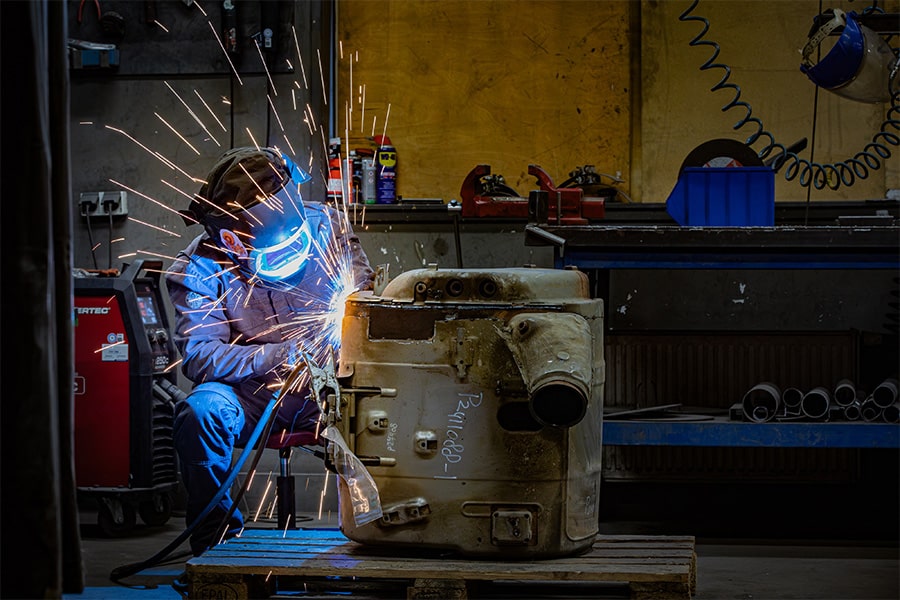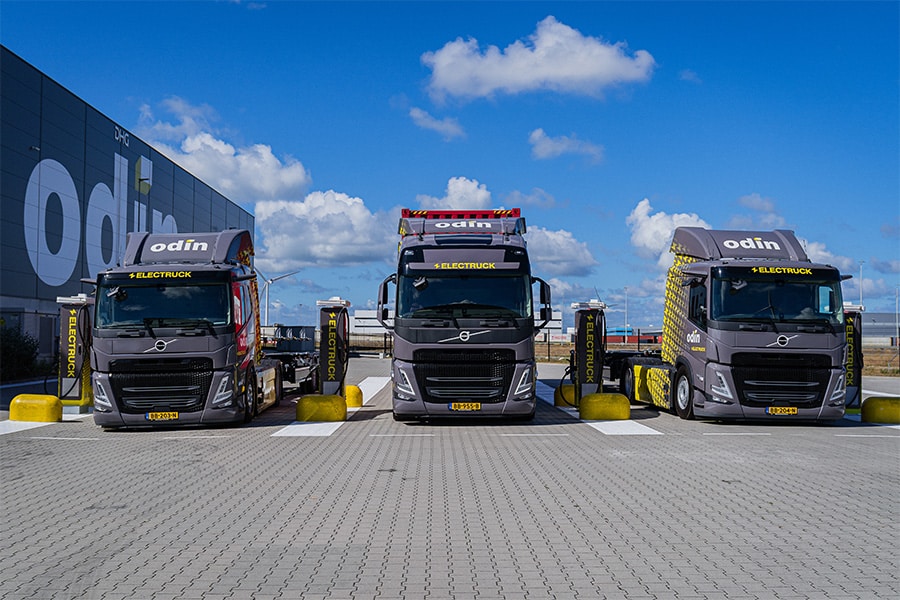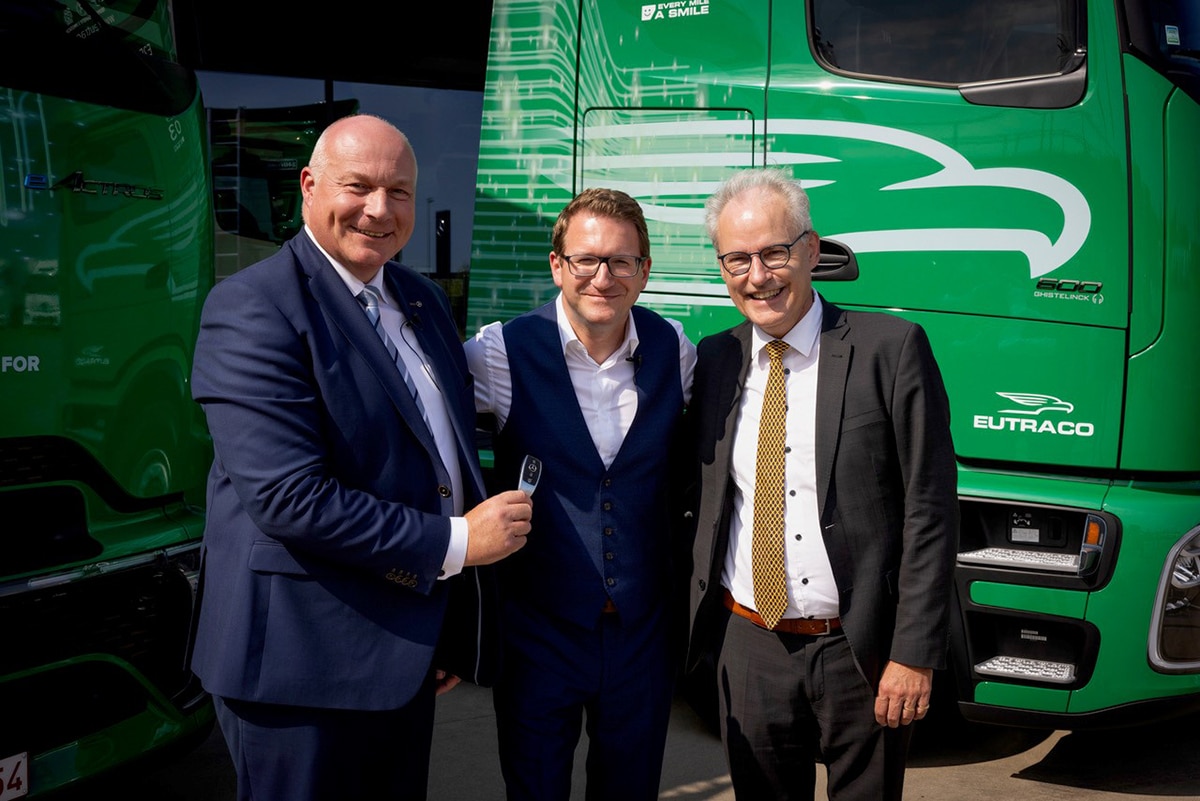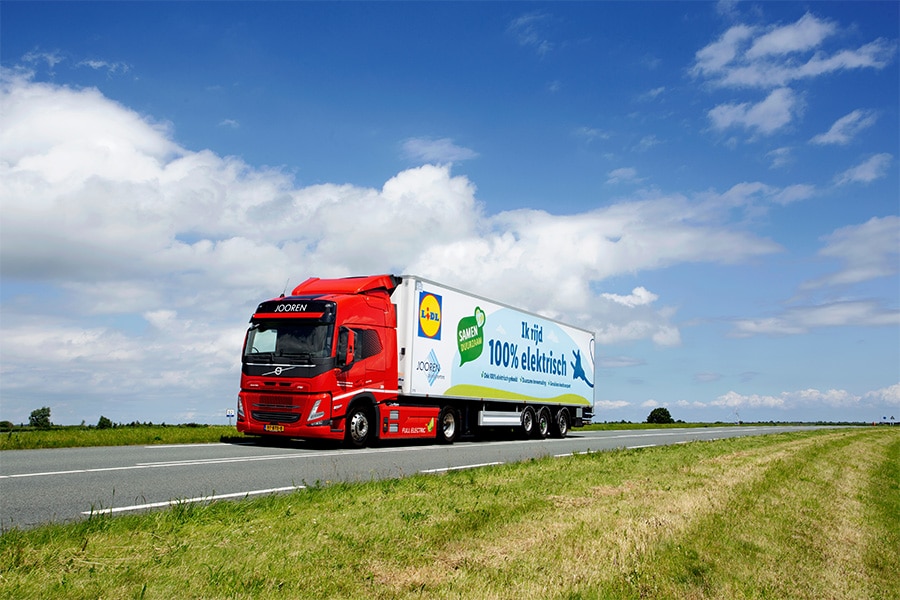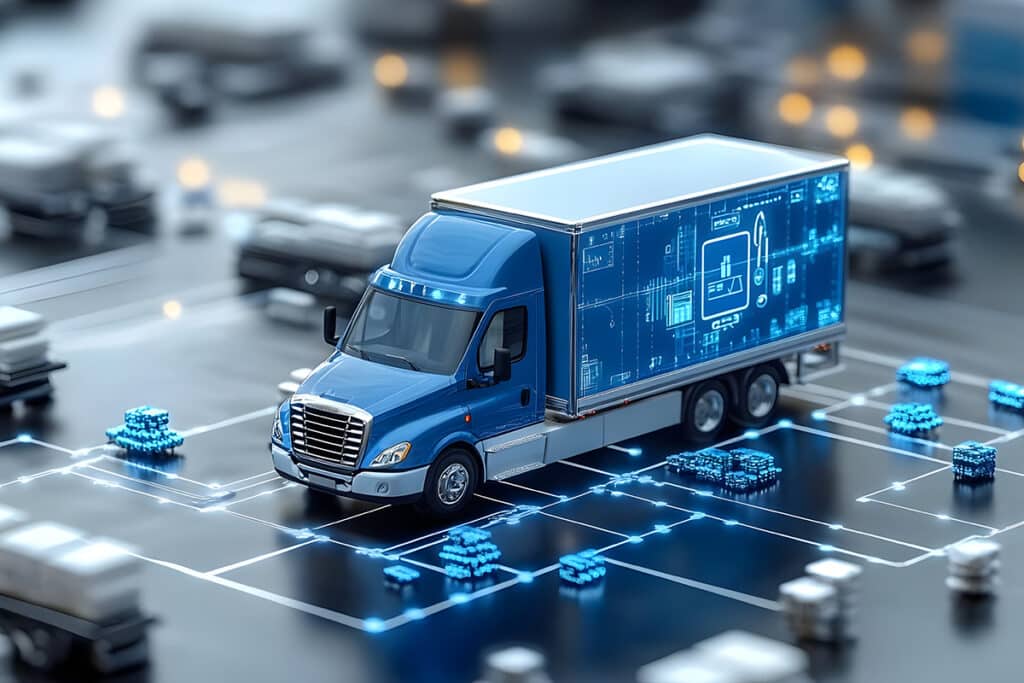
82% of Dutch and Belgian companies fear transport management systems will fall short in next five years
As many as 82% of Dutch and Belgian companies expect their current transport management systems (TMS) to be unable to meet modern requirements around speed, capacity and cost reduction in the next five years. This is according to research by Manhattan Associates and research firm Vanson Bourne.
Strategic value recognized, but hefty challenges
The strategic value of transportation management is undisputed: 80% see it as critical to success, rising to 87% over the next five years. Yet companies point to hefty challenges: compliance with sustainability requirements (47%), rising fuel and driver costs (37%) and limitations in information systems (37%) are cited as key risks.
Lack of visibility
Companies often lack the insights needed to act proactively. More than half (55%) cannot link inbound shipments to dock and warehouse planning, while 51% cannot reroute shipments in a timely manner or resolve carrier issues before they escalate.
Integration of transportation management systems with other supply chain management processes also lags. Only 55% of organizations have a full, real-time link with other systems. Respondents see integration with inventory planning (69%), order management (59%) and warehouse management (55%) as a major opportunity.
AI expectations high, but work to be done
Although 60% of companies expect to deploy fully autonomous agentic AI to achieve specific goals within five years, only 22% has already deeply integrated AI and machine learning into transportation processes. Main barriers are integration problems (50%), data quality - and availability (42%) and high implementation and consumption costs (41%).
Sustainability: reporting is not enough
More than half of the companies (56%) say they already report fully in accordance with the Corporate Sustainability Reporting Directive (CSRD). However, this does not automatically mean that they are actually taking steps toward more sustainable transportation. In fact, practical sustainability efforts are lagging behind: only 39% have introduced or are considering sustainable fuel options, while 9% do not yet measure their own CO₂ emissions at all.
"Organizations in the Netherlands and Belgium are at a crossroads," says Pieter Van den Broecke, EMEA Leader Supply Chain Strategies at Manhattan. "The pressure is increasing to deliver faster, smarter and more sustainably, but for many companies there is a lack of visibility. This is partly because TMS solutions are not well integrated with other supply chain management solutions and companies have yet to make strides in AI adoption. The next five years will be crucial to future-proof transportation management."
View here all the results from the survey.
About the study
The survey was conducted by Vanson Bourne among 150 senior decision makers in the Netherlands and Belgium in sectors including manufacturing, retail, wholesale, consumer goods, food and food & beverage. All organizations have annual sales of at least $750 million.
